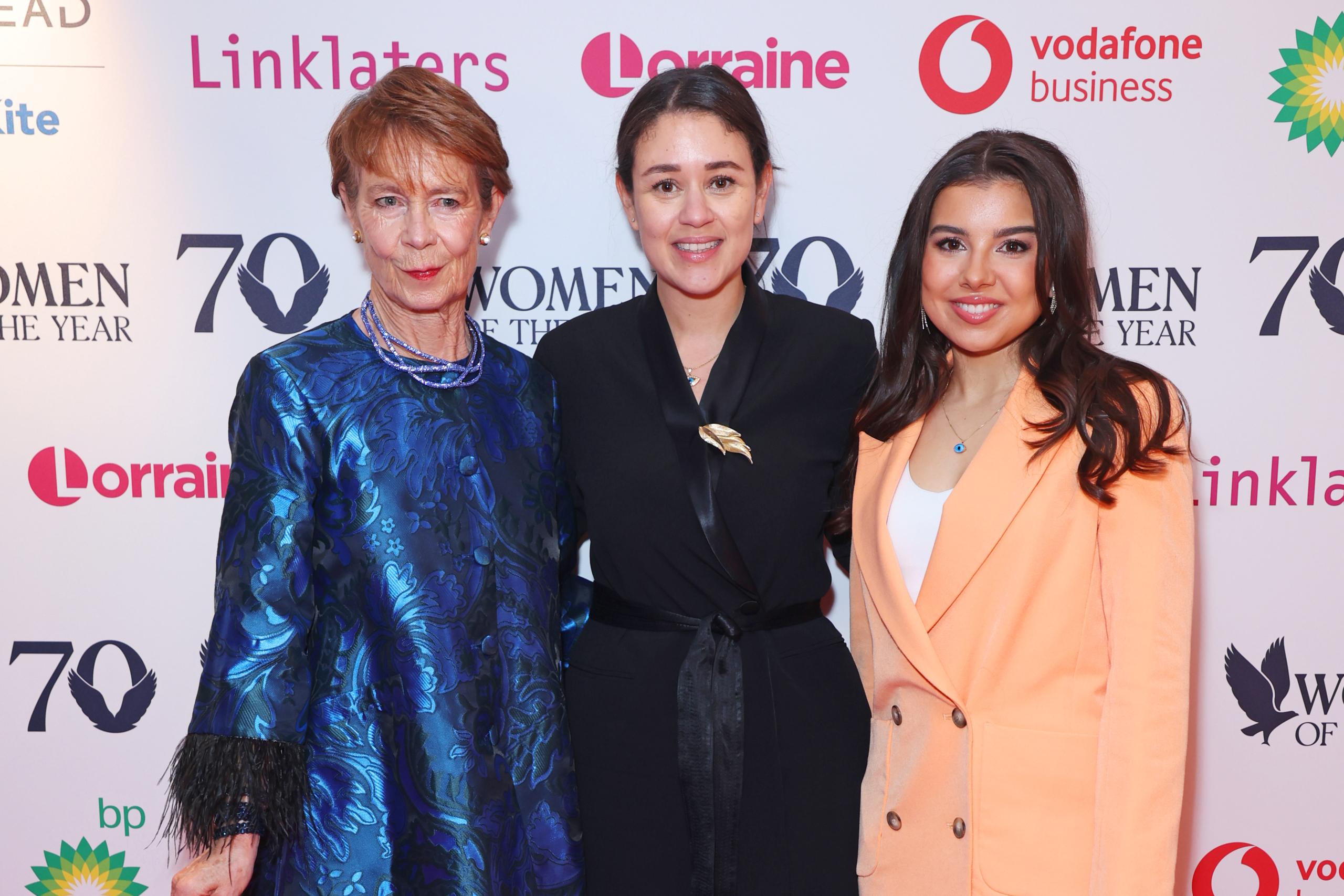
A new report by Vodafone, conducted in partnership with the London School of Economics, found that customer and employee expectations have shifted during the pandemic, with ‘Fit For The Future’ businesses most prepared to adapt to this trend.
New research has discovered that two-thirds of UK businesses now believe their customers want them to act ethically and to have a clear stance on social issues. 32% considered sustainability as ‘absolutely necessary.’ The research was conducted by Vodafone’s in-house research team together with academics from the London School of Economics (LSE).
This focus looks set to continue. Over half (51%) of those businesses identified as ‘Fit For The Future’ (FFTF) are planning to increase their spend on environmental, sustainability and governance (ESG) projects in the next year.
The use of technology is another important shift for companies. 67% of businesses in the UK stated that their customers now expect to interact with brands anytime, and anywhere, using digital services.
Greater flexibility is also true of employee expectations, with 89% of ‘Fit For The Future’ businesses feeling happy about the faster adoption of hybrid working versus 68% of regular businesses.
Considering this gap, it comes as little surprise that 92% of the most prepared businesses have a developed digital roadmap, but only 52% of other businesses could say the same.
However, the report also cautions that 75% of British businesses believe that at least one aspect of company culture is becoming more difficult in light of the shift to hybrid working.
‘Fit For the Future’ businesses characteristics are identified as; a positive attitude to change, are open to new technology, actively plan for their technological futures, and have a detailed strategy. They are also up-to-date with emerging trends and are adaptable.
The full report, drawing on data from nine countries across Europe, China and South Africa, is available from the Vodafone Group website.
Vinod Kumar, CEO at Vodafone Business said: “Despite the challenges all businesses have faced over the last 18 months, there’s no doubt that those who are ‘fit for the future’ have adapted faster than the rest.
“The pandemic has forced many organisations to re-examine business operations, with a greater focus on digital transformation. As expectations from both customers and employees continue to increase, it is these businesses that will be able to seize opportunities and flourish in the post-pandemic world.”
Saul Estrin, Emeritus Professor of Management Economics and Strategy, and Christine Cote, Associate Professorial Lecturer, from the Department of Management at the London School of Economics (LSE), said;
“At the LSE, we have worked with Vodafone Business to develop a rigorous methodology to discover whether ‘fit for the future’ businesses are more likely to thrive commercially in the face of the current business trends, as well as make a greater contribution to social good.
“From the report, it is clear that FFTF businesses’ financial performance and Environmental, Social, and Governance score is significantly better than competitors. Businesses that prepare for the future now will pay twin dividends: for their profits and their social impact.”
-ends-
*Notes:
‘Fit for the Future’ businesses were identified by using a regression model to show what behaviours and attitudes were most closely linked with confidence in future financial performance and being well prepared for what the future holds. Twelve criteria were identified, which make up six characteristics:
- Has a positive attitude to change. They embrace change and are excited by the future.
- Is open to new technology. They acknowledge the power of technology to solve business challenges.
- Takes clear steps towards business transformation. They have a roadmap in place for how technology can transform their business.
- Sets a detailed strategy. They have a wider business strategy for the future that is documented, specific, funded and measured.
- Keeps up to date with emerging trends. They have clearly identified the forces shaping their business and refer to key thought leaders to help.
- Is adaptable. They can react quickly to new trends or challenges and is quicker to market than its competitors.
LSE analysis
The LSE’s robust analysis states that businesses currently reporting average financial performance (compared to their competitors) that increase their ‘fit for the future score’ by ten points will increase the likelihood of outperforming the competition by 36%. Meanwhile looking at all companies’ Environment, Social and Governance (ESG) measures, organisations increasing their FFTF index by ten points can expect their ESG commitment to improve by six points; increasingly, requests for tender include ESG criteria.
—
Research methodology
- Qualitative and quantitative primary research*. Building on the research conducted in 2020 where we identified the key characteristics of businesses that were ‘fit for the future’, we conducted qualitative research (partnering with Jigsaw Research February 2021) and quantitative research (partnering with B2B International July 2021). Key businesses challenges were explored both amongst businesses generally and through the lens of ‘fit for the future’ businesses.
- Using the data from our primary research we partnered with the London School of Economics (LSE) to conduct statistical analysis which examined the link between being ‘fit for the future’ and business performance.
- A deep and wide programme of secondary research. Vodafone Business’ Insights team analysed many sources, drawing and extrapolating themes and business needs.
*Vodafone Business surveyed 2,526 decisionmakers from businesses of all shapes and sizes, across 11 different markets. We did 25 in-depth interviews with business leaders, three with investors and three with journalists.
Stay up-to-date with the latest news from Vodafone by following us on Twitter and signing up for News Centre website notifications.








